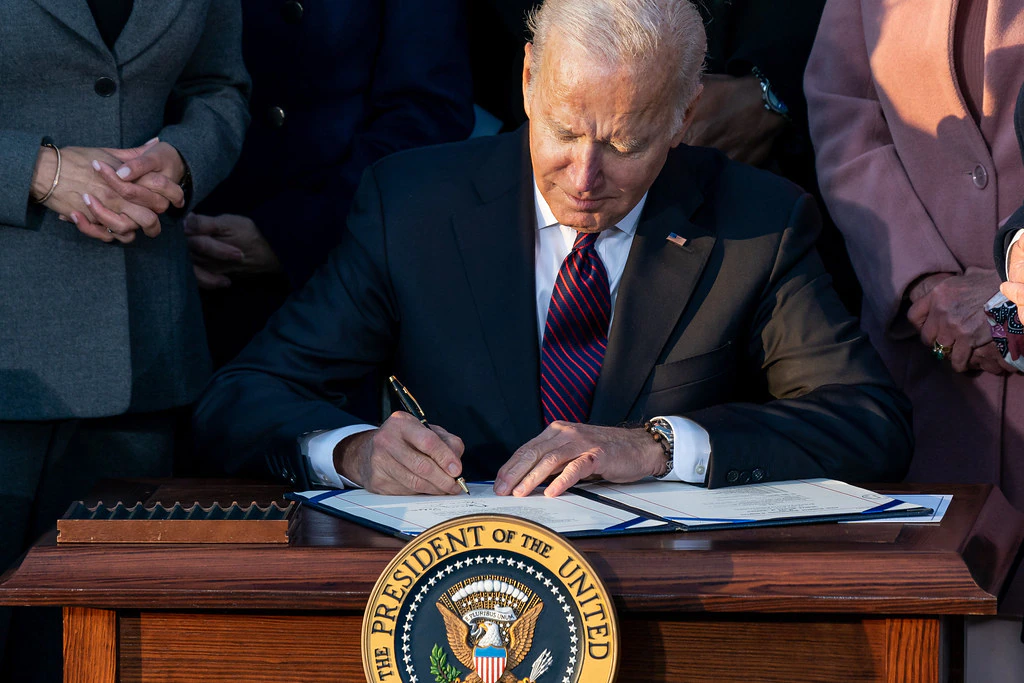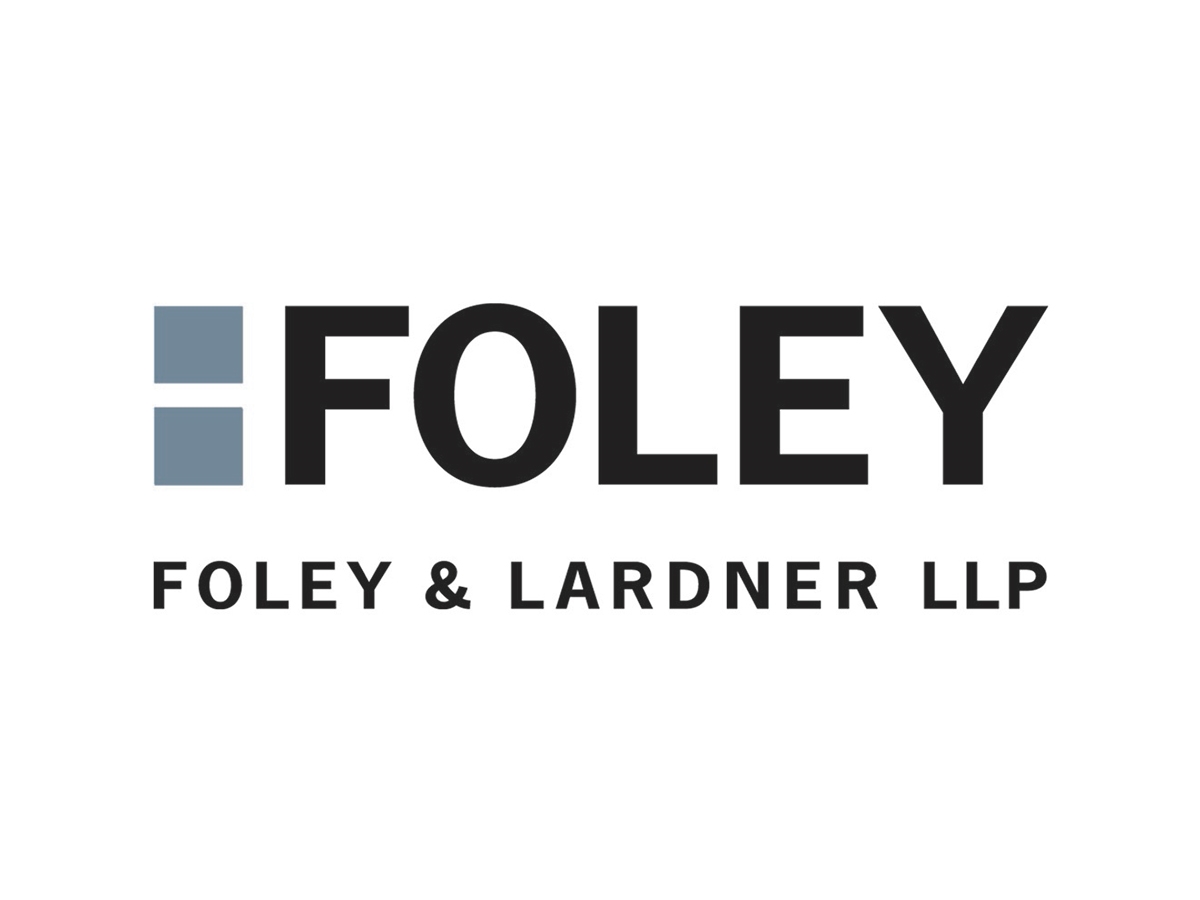Client Alert: SCOTUS Holds that Federal Trademark Law Cannot Be Applied to Foreign Conduct in Abitron v. Hetronic | Neal, Gerber & Eisenberg LLP
On June 29, 2023, the Supreme Court ruled that the Lanham Act does not apply to infringing use of a trademark outside of the United States. In doing so, the Court overturned a damages award of over $90 million associated with Abitron’s foreign sales of infringing products.
As described in our earlier client alert, this case concerned the legal landscape for U.S. brand owners seeking to enforce their trademarks abroad — namely, whether brand owners may file suit in U.S. courts for “extraterritorial” infringement of U.S. trademarks, or whether brand owners must rely on foreign trademark rights and foreign courts for enforcement. The Court ruled that the Lanham Act extends only to claims of infringement in domestic commerce.
Hetronic International, Inc., a U.S. manufacturer of remote controls, entered into a distribution agreement with a European company, Abitron Austria GmbH. In violation of the agreement, Abitron reverse-engineered Hetronic’s products and claimed ownership of Hetronic’s intellectual property in Europe. Hetronic terminated the distribution agreement, but Abitron continued to manufacture and sell infringing Hetronic-branded products throughout Europe, with some sales targeting U.S. customers.
Hetronic sued Abitron for trademark infringement under the Lanham Act, and sought damages for Abitron’s infringing acts worldwide. The District Court found in Hetronic’s favor and awarded over $90 million in damages for trademark infringement. The vast majority of the damages were related to Abitron’s foreign sales of infringing products.
Abitron appealed the District Court’s decision, arguing that the Lanham Act should not apply extraterritorially, and that the damages should only reflect infringing sales made in U.S. Hetronic argued that the Lanham Act should apply since a U.S. business lost revenue and goodwill due to foreign infringement and thus it suffered injury at home (i.e., there was an effect on U.S. commerce). The Tenth Circuit affirmed the District Court and supported the full damages award, despite the vast majority of the infringing sales being abroad.
The Supreme Court vacated and remanded the Tenth Circuit ruling, holding that the Lanham Act does not apply to extraterritorial conduct.
The Court applied a two-step analysis to determine whether the presumption against extraterritoriality should apply. Step one requires an examination of the language of the statute to determine if extraterritorial application is expressly authorized by Congress. If there is no such express application, courts turn to step two, which examines whether the law’s “focus” warrants a domestic application of the law, and whether the conduct relevant to that focus is foreign or domestic.
Applying the two-step analysis, the Court first found that the Lanham Act does not contain an explicit extraterritorial application. In step two, the Court found that the focus of the Lanham Act is to prevent consumer confusion and protect the goodwill of mark owners. The conduct relevant to the Lanham Act’s focus is infringing “use in commerce.” Since Congress may only regulate infringing “use in commerce” within the United States, only infringing activities that occur within the United States fall within the scope of the Lanham Act.
The Court rejected Hetronic’s argument that conduct which injures a U.S. company at home (albeit through infringing acts abroad) has an effect on U.S. commerce, and, thus, should be actionable under the Act. Instead, it held that the foreign conduct at issue was not the type that Congress can regulate, at least not through the “Use in Commerce” clause of the Lanham Act. Since the vast majority of Abitron’s infringing conduct was purely foreign, it was deemed beyond the bounds of the Lanham Act, and the case was vacated and remanded to the lower court for further proceedings consistent with the new analysis.
In sum, the Supreme Court clarified that §1114(1)(a) and §1125(a)(1) of the Lanham Act do not apply to infringing conduct occurring outside of the United States, and that “use in commerce” contemplates only commerce within the United States.
U.S. brand owners should consider protecting at least their most valuable trademarks through registrations in key foreign jurisdictions so as to maintain the option for global expansion and protect against foreign infringements.






